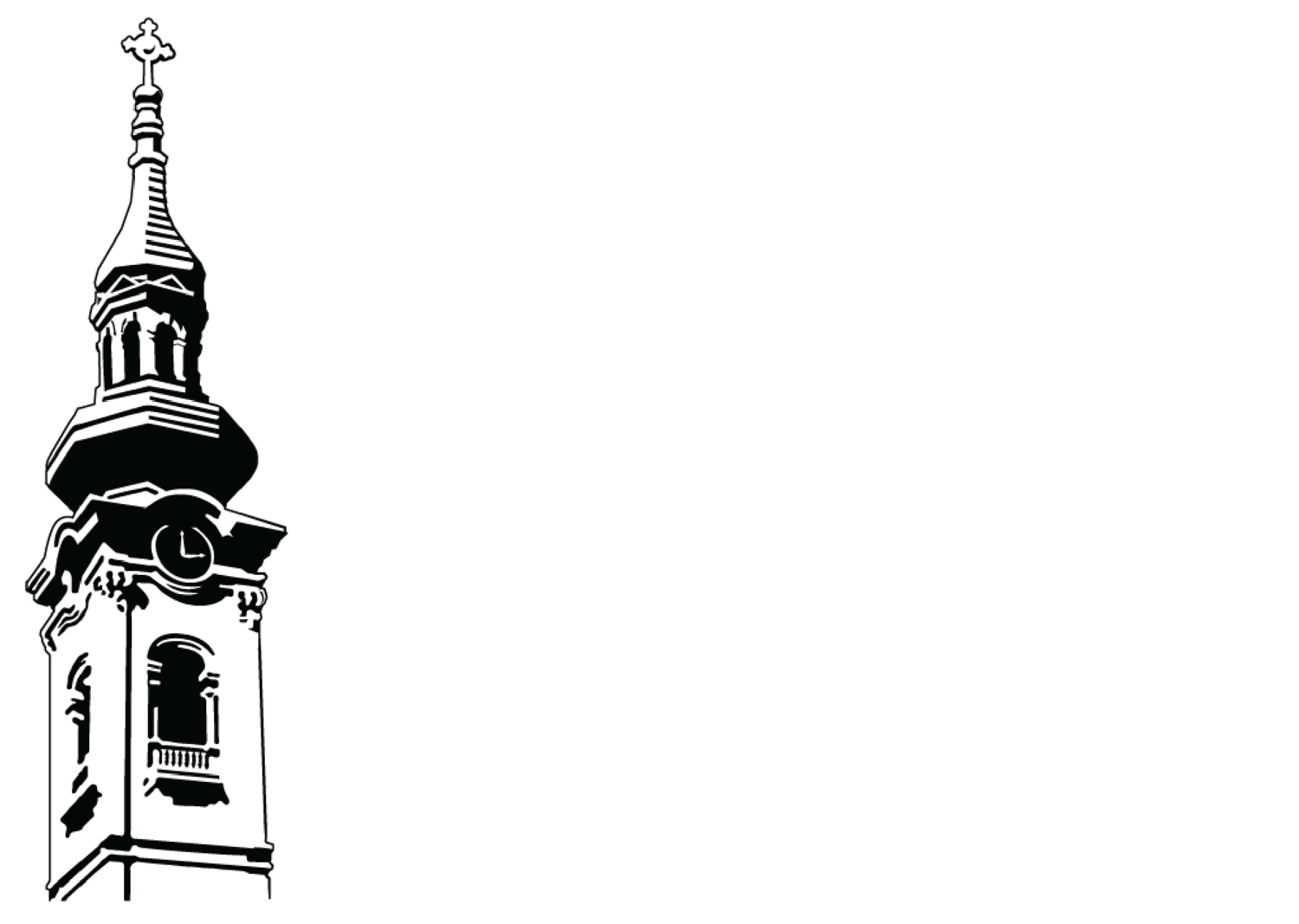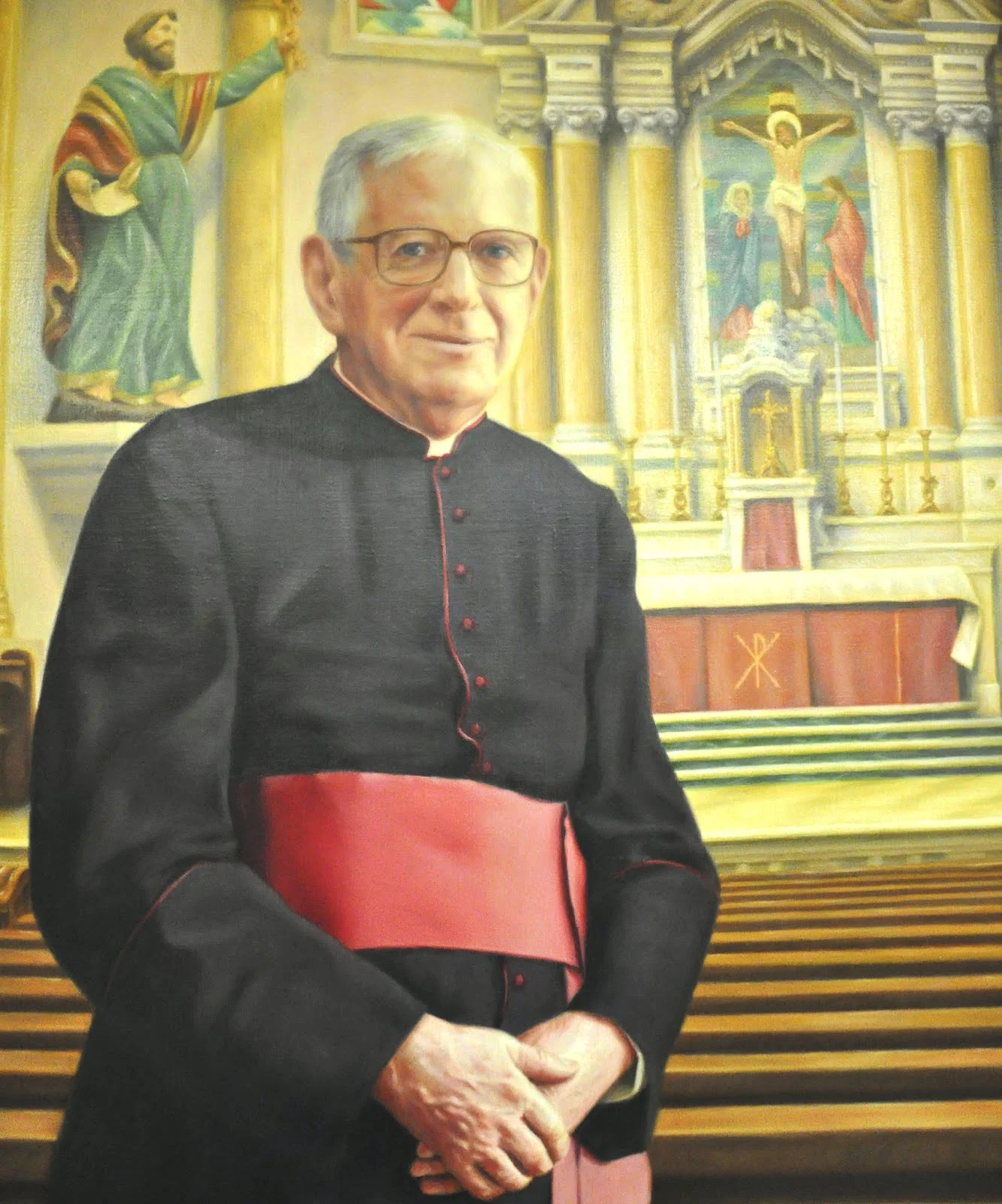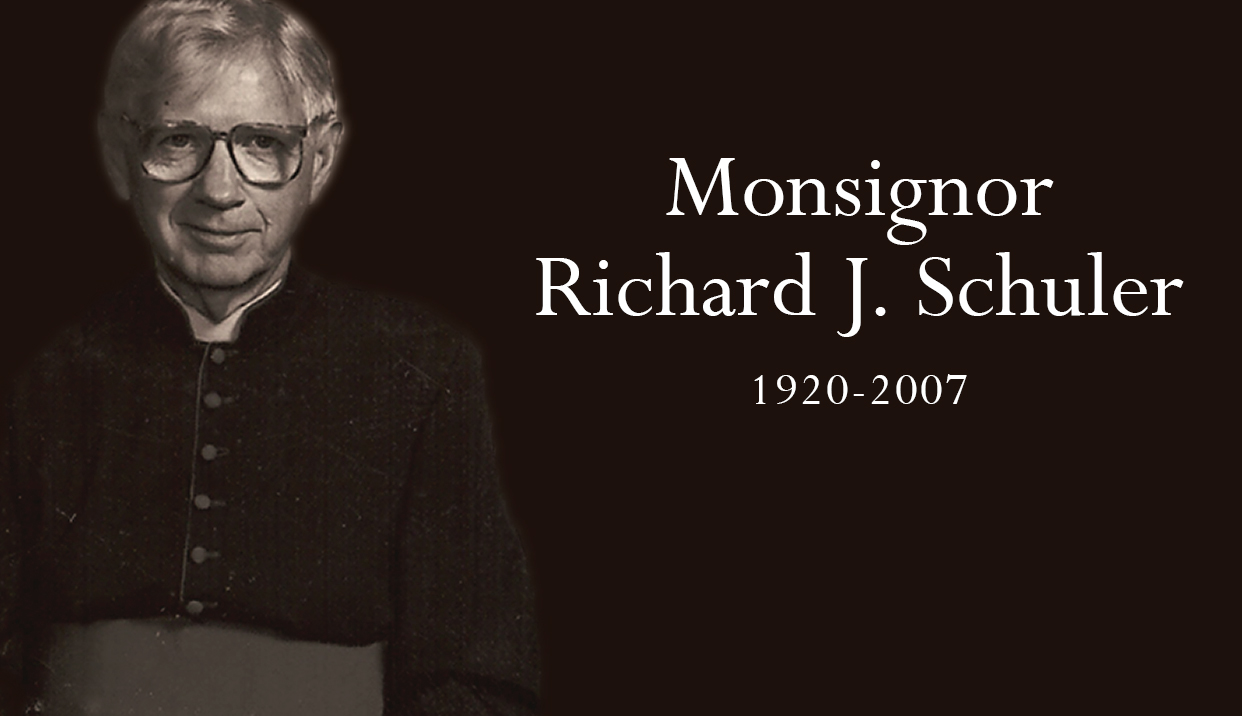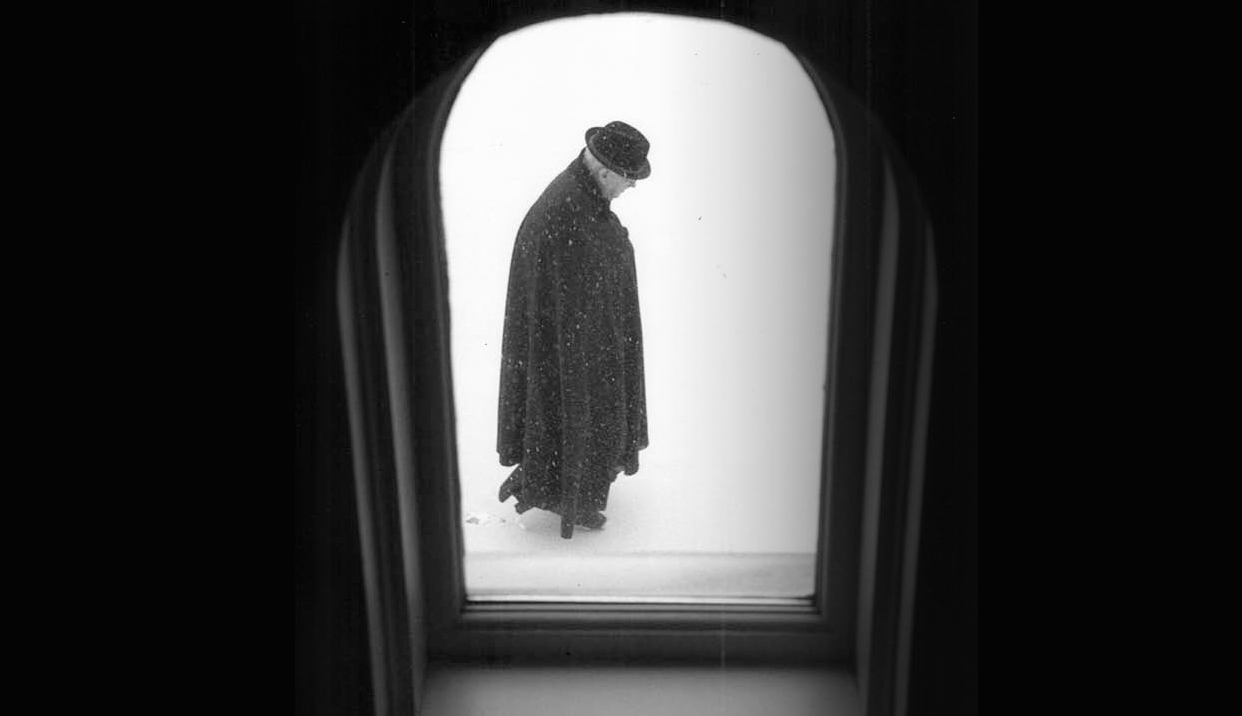"To give an answer to the question, What is sacred music?, we must answer that it is the great treasury of music, written over the ages by the greatest composers for use in the sung liturgy of the Roman Catholic Church, beginning with the Gregorian melodies and continuing on through the polyphonic pieces of the middle ages and the renaissance, up to the orchestral settings of the last three centuries and into our own time..."
Born in Minneapolis, Minnesota, on December 30, 1920, Richard Joseph Schuler was the third child born to Otto Schuler, a German émigré from Lech Valley in Tirol, Austria, and Wilhelmine (“Minnie”) Hauk, a descendant of a family who had emigrated to the United States from the area of Baden-Baden, Germany. Despite their ancestry, the family attended an Irish parish, Ascension Church in Minneapolis, where the young Richard Schuler went to school until he graduated.
Combined with the rich piety bestowed on him by his parents, at Ascension Schuler received instruction in the Catholic faith and it was at school where he also began his music education. He took lessons in piano and flute and played in the orchestra at the parish. Music also played a role in his early life continuing his studies at De La Salle High School and also enrolling at McPhail Center of Music in the Twin Cities.
In 1938, Schuler entered the College of St. Thomas in St. Paul, and soon after St. Paul Seminary. He was ordained a priest of the Archdiocese of St. Paul and Minneapolis seven years later, teaching music and faithfully serving as organist at Nazareth Hall under the direction of Father Francis A. Missa—a priest imported from Europe to teach music by Archbishop Ireland. While training students in chant Father Schuler also pursued a degree in music theory at the Eastman School of Music in Rochester, New York.
“Only truly sacred art can contribute to liturgical action.”
By 1955, then-Father Schuler began the first of his fourteen years teaching at the College of St. Thomas while earning his doctorate at the University of Minnesota, and shortly afterward he founded the Twin Cities Catholic Chorale—a choir composed of Fr. Missia’s choir and other players eager to perform sacred music.
From 1969 to 1979, Schuler served as vice president of the papal church music society (CIMS), editor of Sacred Music, the journal of the Church Music Association of America, and contributing editor for the American church music journals Caecilia and Catholic Choirmaster.
In 1969, Archbishop Leo Binz appointed Monsignor Schuler pastor of Saint Agnes in St. Paul, where he served for over thirty years. Saint Agnes offered Monsignor Schuler the opportunity to implement the conciliar decrees on a parish level according to the mind of the Church, and in light of principles he followed throughout his life. Under his direction, the Twin Cities Catholic Chorale performed the masses of Mozart, Haydn, Beethoven, Schubert and other great composers.
Msgr. Schuler was also a founding member of the Latin Liturgy Association (LLA) which embraced, supported and retained the continuing use of Latin in the Roman Catholic liturgy in Novus Ordo and Tridentine formats. He was also a supporter and contributing columnist to The Wanderer, a Catholic publication founded a century earlier in St. Paul.
Msgr. Schuler also had the national distinction of fostering dozens of vocations to the Catholic Priesthood and Religious Life in diocesan and religious ranks when the popular Catholic culture in America greatly discouraged the practice. For a number of years, his Saint Agnes parish provided the Archdiocese of St. Paul and Minneapolis with the largest number of any parish in the region.
Monsignor Richard J. Schuler passed away on Friday, April 20, 2007. Over the years, Monsignor Schuler preserved the traditional dignity and sacrality of the Roman Rite, inspiring a model expansive liturgical music program as a renowned master of Sacred Music. Msgr. Schuler did more perhaps than any other priest in this country to preserve the sacred musical heritage of the Catholic Church after Vatican II.
In paradisum deducant te Angeli: in tuo adventu suscipiant te martyres, et perducant te in civitatem sanctam Ierusalem.
Chorus angelorum te suscipiat, et cum Lazaro quondam paupere aeternam habeas requiem.







